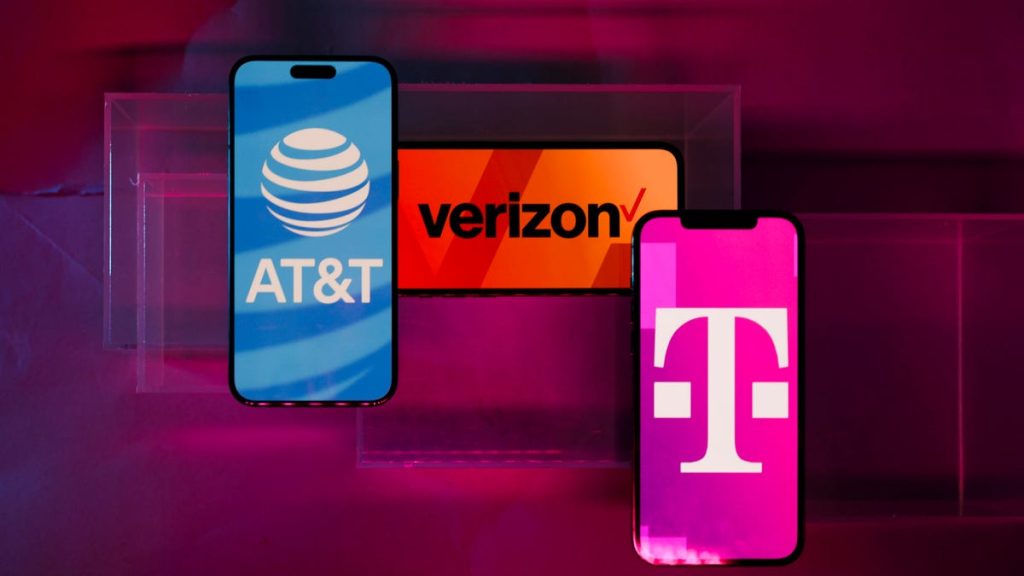Data tracking in 2024 is a prevalent practice among wireless carriers, with T-Mobile introducing a new tracking method called “profiling and automated decisions.” While the company claims not to use the information gathered for any current purposes, it could potentially be used for future decision-making. This data collection is not exclusive to T-Mobile, as all major US wireless providers engage in similar practices, collecting various data about their users’ activities. It is advisable for users to review their privacy settings and make necessary adjustments to control the data being collected.
AT&T offers users four main privacy toggles, including personalized options for advertising and identity verification. These settings utilize data like web browsing history, precise location, demographic information, and zip code to tailor offers and ads to users. While users have the option to toggle off these settings, it is recommended to keep identity verification on for all lines on the account. Similarly, T-Mobile provides a range of privacy options, such as sharing data for research, analytics, advertising, product development, and profiling for automated decisions. Users can navigate to the Privacy Center on their T-Mobile account to manage these settings and choose to turn off all toggles for enhanced privacy.
Verizon also presents users with various privacy settings, including options for customer proprietary network info, business and marketing insights, custom experience, and identity verification. These settings involve using user data for personalized marketing, insights, and identity verification purposes. While some options are enabled by default, users can choose to adjust their settings as per their privacy preferences. It is advisable to turn off most of Verizon’s privacy toggles, with the exception of identity verification, which should remain on for security purposes.
The practice of data tracking extends beyond wireless carriers to include streaming sticks and smart TVs, where users can adjust privacy settings to control data collection. By logging into their accounts and accessing profile or privacy settings, users can manage how their data is used for personalized advertising and content recommendations. It is essential for users to be aware of the data being collected about them and take proactive steps to limit the sharing of their personal information with third parties.
In conclusion, data tracking and collection have become inherent aspects of using digital services and devices in 2024. Wireless carriers like T-Mobile, AT&T, and Verizon gather user data for various purposes, including advertising, marketing, and identity verification. Users are encouraged to review their privacy settings and make informed decisions about the data they are willing to share with these service providers. By taking control of their privacy settings and opting out of unnecessary data collection practices, individuals can protect their personal information and maintain a higher level of privacy in an increasingly digitized world.


